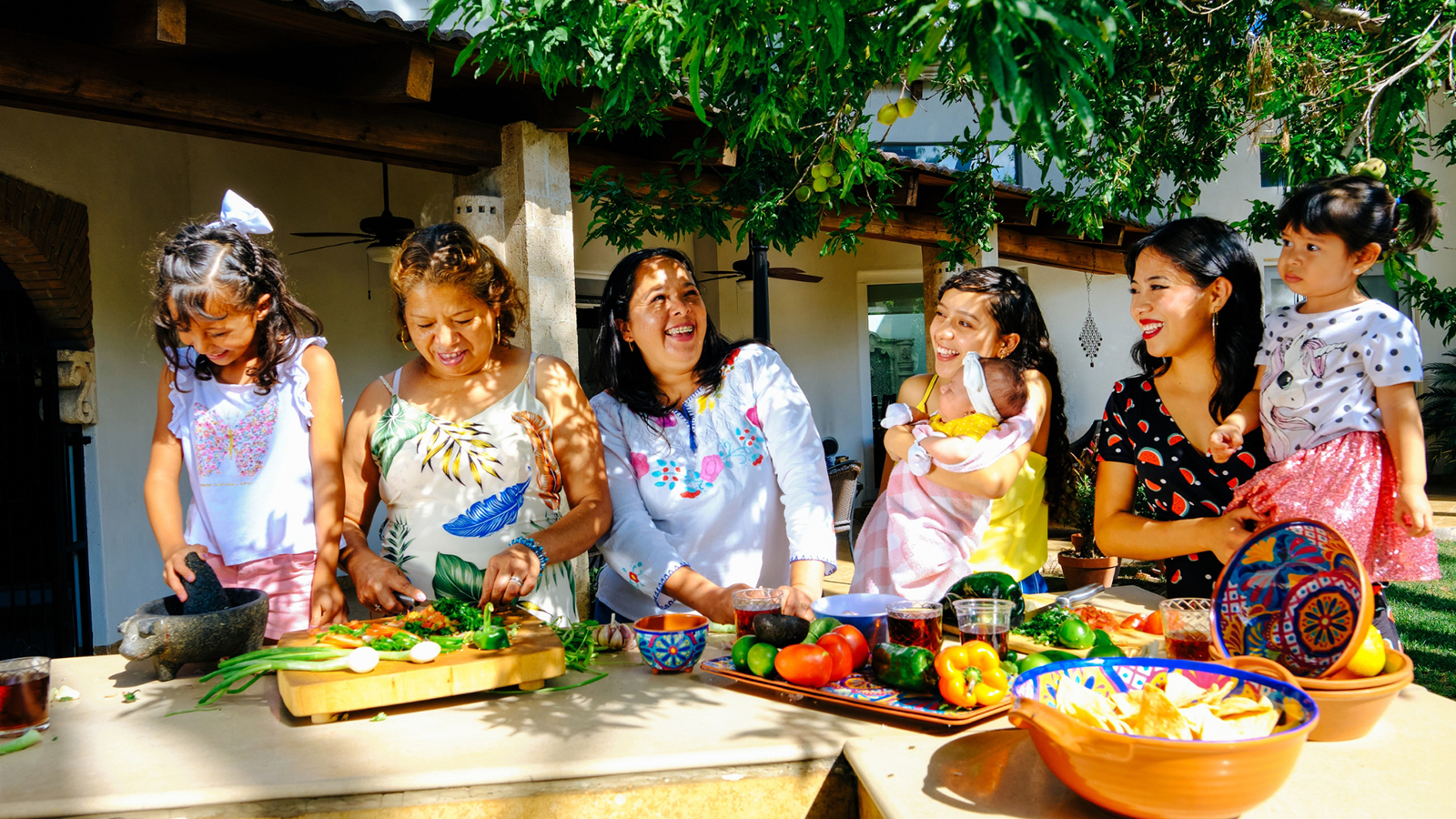In the heart of ancient cities, where history breathes through every cobblestone and architectural marvel, culinary businesses have found a unique and thriving niche. The culinary scene in old cities not only satisfies taste buds but also weaves together a delightful tapestry of culture, tradition, and innovation. In this informative article, we delve into the fascinating world of culinary businesses in the old city, understanding their significance, the challenges they face, and the enchanting experience they offer to locals and visitors alike.

1. Preserving Culinary Traditions
Old cities are steeped in culinary traditions passed down through generations. Culinary businesses in these locales often pride themselves on preserving authentic recipes and cooking techniques, offering a taste of the past to modern audiences.
2. Fusion of Flavors
While preserving traditions, culinary businesses in the old city also embrace innovation by blending traditional flavors with contemporary twists. This fusion of tastes creates a delightful culinary experience that appeals to both locals and tourists.
3. Iconic Local Dishes
Old cities often boast iconic local dishes that have become synonymous with their identity. Culinary businesses become custodians of these iconic recipes, drawing food enthusiasts from far and wide to savor these unique flavors.
4. Culinary Tourism
The culinary scene in the old city plays a pivotal role in attracting culinary tourists, who seek to explore and indulge in the city’s gastronomic delights. Culinary tours and food festivals thrive, showcasing the rich culinary heritage of these historic locales.
5. Integration with Heritage Tourism
Culinary businesses in the old city seamlessly integrate with heritage tourism, offering visitors an immersive experience that engages all senses. The aroma of local delicacies wafting through ancient streets enhances the overall heritage exploration.
6. Challenges of Operating in Old Cities
a. Preservation and Restoration: Culinary businesses operating in historic buildings face challenges related to preserving the architectural heritage while adhering to modern health and safety standards.
b. Limited Space: The limited space available in old cities can present challenges in setting up and expanding culinary establishments.
c. Zoning and Regulations: Adhering to zoning regulations and historical preservation guidelines can add complexities to business operations.
d. Competition and Seasonality: Depending on tourist footfall and seasonal variations, culinary businesses may face fluctuations in demand and competition from other establishments.
7. Sustainability and Locally Sourced Ingredients
Many culinary businesses in old cities emphasize sustainability by sourcing ingredients locally, supporting local farmers and artisans, and reducing their environmental footprint.
8. Community Engagement
Culinary businesses in the old city often play a vital role in community engagement by providing employment opportunities, contributing to local events, and supporting neighborhood initiatives.
9. Showcasing Culinary Heritage
Through cooking classes, food workshops, and culinary storytelling, these businesses actively engage visitors in the city’s culinary heritage, creating lasting memories beyond the taste of the food.
10. Collaboration with Local Artisans
Some culinary businesses collaborate with local artisans to create unique tableware and décor, reflecting the essence of the old city’s artistic heritage.
In conclusion, culinary businesses in the old city are more than just places to enjoy delicious food; they serve as gateways to the rich cultural heritage and traditions of the past. By preserving culinary traditions, embracing innovation, and offering unique flavors that blend history and modernity, these establishments create unforgettable experiences for both locals and tourists. Overcoming challenges related to space, regulations, and competition, these businesses continue to flourish, weaving a culinary tapestry that celebrates the taste of heritage in the heart of ancient cities.